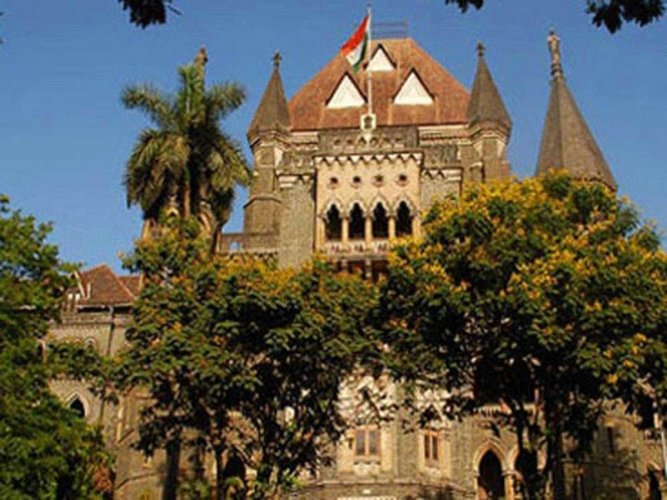
Bombay HC concludes hearing on petitions on Maratha quota

The Bombay High Court on Tuesday concluded the hearing on a bunch of petitions filed both in opposition and support of the Maharashtra government’s decision to grant 16 per cent reservation for the Maratha community in jobs and education in the state.
A bench of Justices Ranjit More and Bharati Dangre, which heard the petitions, reserved its verdict on the issue. The bench had been conducting daily hearings on the petitions since February 6.
On November 30, 2018, the Maharashtra legislature passed a bill giving 16 per cent quota to the Marathas in government jobs and educational institutes following an intense agitation by the community.
The reservation was granted by placing the Marathas under a newly carved ‘Socially and Educationally Backward Class. ‘With the Maratha quota, the total reservation in jobs and education in Maharashtra under various heads stands at 68 per cent, way above the Supreme Court-fixed limit.
The government maintained before the HC that the Maratha quota and creation of the new category was legal and valid. The state was represented during the hearings by former Attorney General Mukul Rohatgi, former Advocate General V A Thorat and senior counsel Anil Sakhare.
All the lawyers for the state maintained the Maratha quota was necessary, and the measure was based on the recommendations of the Justice M B Gaikwad Backward Class Commission. The commission, they said, had recommended reservations for the Marathas who comprise a third of the state’s population, for education and public employment.
Therefore, even if the new category took reservations in the state beyond 50 per cent, the same was permitted under the powers vested to the state by the Constitution for betterment of the downtrodden, they argued.
While these arguments were supported by a bunch of petitions, others, represented by former Advocate General Shrihari Aney and advocate Pradeep Sancheti, among others, opposed the quota. These petitioners argued that the commission report was based on “unsound” findings. They also argued the Marathas were not socially backward.
They argued that the Marathas historically belonged to the warrior class and most of them presently held government jobs or were employed in the Army. They also argued the Maratha quota was in breach of a previous apex court judgement that prescribed an upper limit of 50 per cent for caste and community-based quota.


